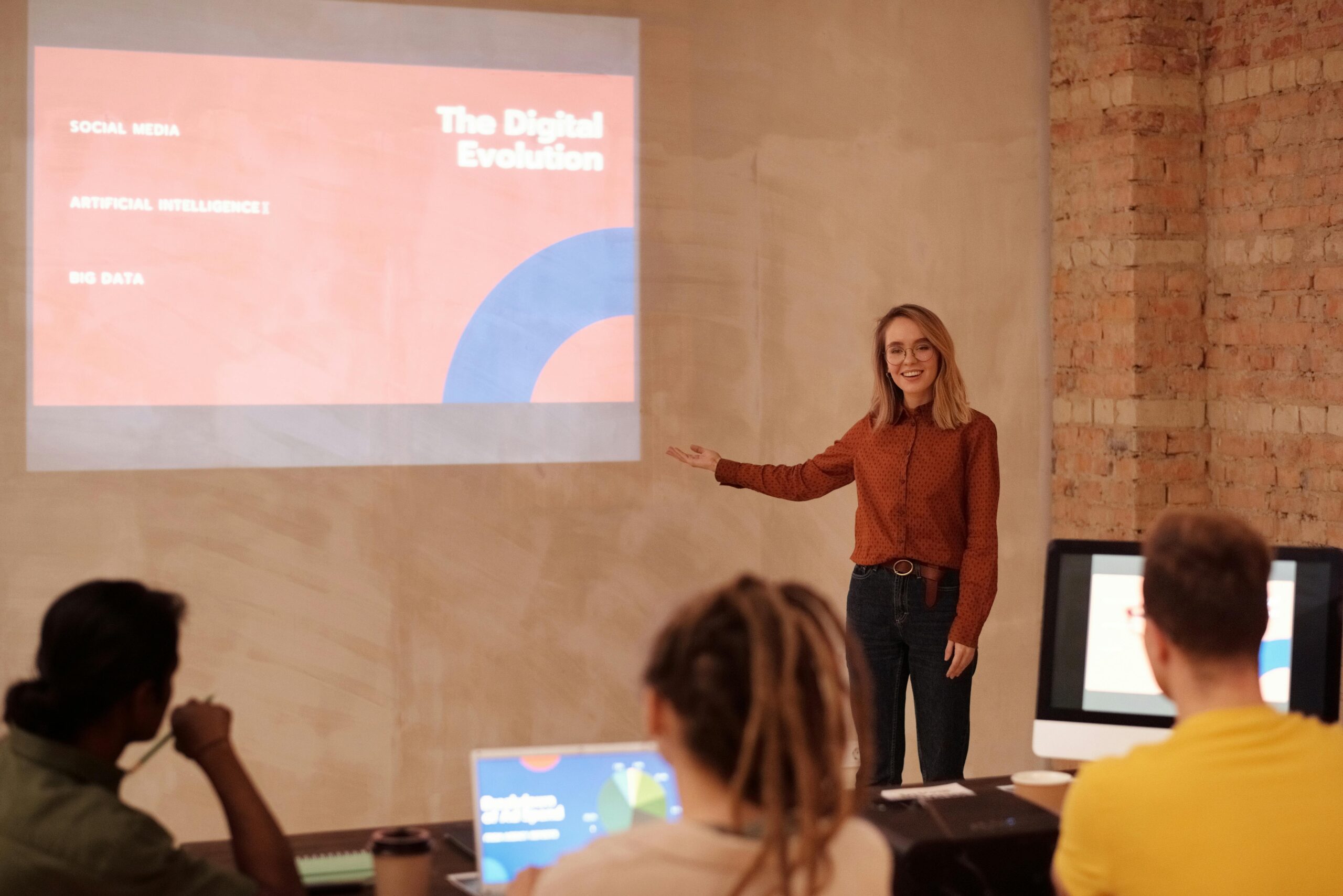
Could AI Replace Software Engineers? Meet Devin, the First AI-Driven Engineer
Devin is not just a program; it’s a groundbreaking AI that acts as a software engineer, capable of coding, debugging, and even developing apps and websites. Created by Cognition and led by Scott Wu, Devin represents a significant leap in AI’s role in software development. It’s designed to work alongside humans, enhancing productivity rather than replacing jobs. With abilities to learn and adapt, Devin is reshaping how software engineering tasks are approached, promising a future where AI and humans collaborate more closely.
What is Devin AI?
Devin, developed by AI startup Cognition, is making waves as the world’s first attempt at an autonomous AI software engineer. Unlike traditional coding assistants that offer suggestions or complete specific tasks, Devin is designed to handle entire software development projects, from initial concept to completion.
Here’s a quick look at what Devin brings to the table:
AI as a Software Engineer: Devin can handle coding, testing, and deployment autonomously in multiple programming languages.
Learning and Adapting: It learns from each project, improving its efficiency and capabilities over time.
Collaboration with Humans: Designed to assist rather than replace human engineers, enhancing team productivity.
Real-World Applications: From website creation to app development and software testing, Devin has already shown its potential in actual projects.
Key Features of Devin AI
Devin AI boasts a unique set of functionalities that position it as a potential game-changer in software development. Here’s a breakdown of its core capabilities:
Code Creation from Scratch: Devin AI can translate your software vision into functional code. You provide a natural language description outlining the desired features and functionalities, and Devin AI handles the coding. This includes writing various software components and leveraging its knowledge to structure the code effectively.
Bug Squashing: Encountering bugs is inevitable during development. Devin AI doesn’t shy away from these challenges. Its built-in capabilities allow it to identify and fix bugs within the code it generates. This streamlines the development process by reducing debugging time for human developers.
Collaboration with Humans: Devin AI is an adept coder, but it’s designed to work alongside human developers, not replace them. It can provide progress reports, accept feedback on its generated code, and collaborate on design choices. This allows for a seamless /human-AI partnership, combining human expertise with Devin’s automation capabilities.
Continuous Learning: Unlike static software, Devin is constantly evolving. As it tackles new projects and receives input from human developers, it refines its code-writing abilities and understanding of software development best practices. This continuous learning process ensures Devin stays current and improves its performance.
Coding, Testing, and Deployment
Coding: Devin can write in many computer languages like Python and JavaScript. It can make all sorts of things, like websites, apps, and more, just by understanding what you need.
Testing: It checks its work for mistakes to ensure everything runs smoothly and does what it’s supposed to do.
Deployment: After making something, Devin can set it up on the internet or wherever it needs to go, ensuring it works well for everyone.
Adapting and learning: Devin gets better over time. It learns new tech stuff, picks up new skills, and uses them to tackle new challenges.
How Devin Works
Devin is pretty smart. It uses some of the latest AI tech to figure out what you need, plan how to do it, write code, and even fix its own mistakes.
Algorithms and Knowledge Base
First, Devin breaks down what you’ve asked into smaller pieces it can understand. Then, it digs into its library to find the best way to tackle your request. It thinks about how fast it needs to work, how big the project is, and how to make everything run smoothly.
Think of Devin as having a huge library in its head. It knows a lot about different programming languages, how to build software, and the best ways to get things done. When you ask Devin to do something, it uses this library to understand your request.
After planning, Devin starts writing code. It knows languages like Python and JavaScript and can figure out the best way to put everything together. Devin also checks its work to make sure it all makes sense.
As Devin works on more projects, it learns and gets even better. This means it can handle new challenges and keep up with the latest tech stuff.
Use Cases
Devin has been put to work on real projects, like on freelance job sites such as Upwork. Here are some ways people have used Devin:
Website Creation: Devin has made websites for clients, taking care of how the site looks and connecting it to databases. People were happy with the work.
App Development: For a mobile app, Devin helped design the look of the app and write the code that makes the app work. This made the development process faster.
Software Testing: Devin was used to check software for problems, find those issues, and suggest how to fix them. This lets the human engineers focus more on creating new features.
Conclusion
Its remarkable capabilities not only enhance productivity but also promise innovation and efficiency. However, the widespread adoption of AI in this field poses challenges, including potential job displacement and the need for role redefinition and specialized training. Addressing ethical and regulatory concerns is imperative for responsible integration.
